You only need 10 minutes to improve your sleep and boost your mood with this 3-week practice, new study shows
Research shows users of Headspace's Best Sleep course report lower levels of insomnia after finishing the CBT-I based program
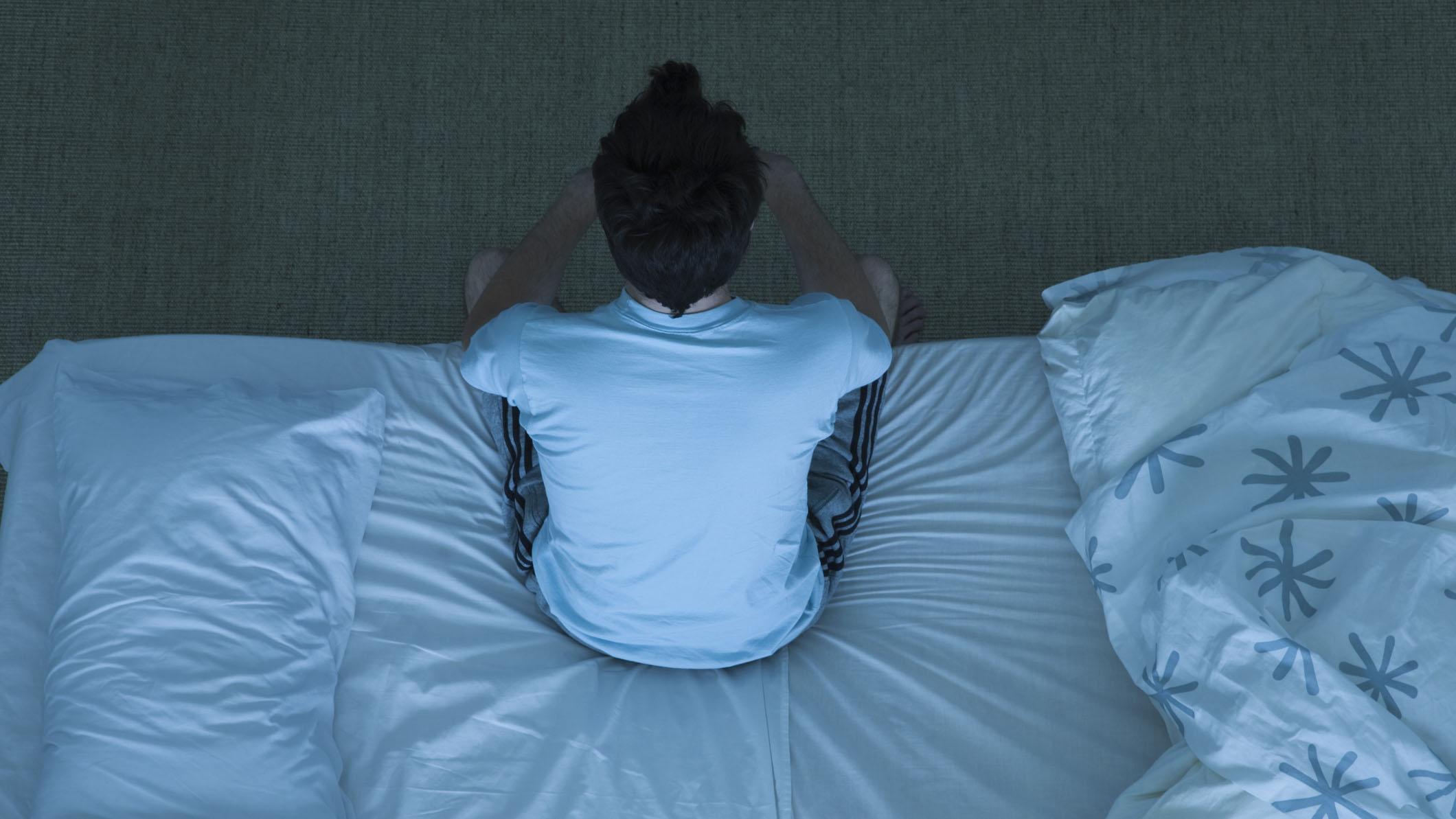
New peer-reviewed research has found that a better sleep program from popular mindfulness app Headspace reduced symptoms of insomnia in 29% of participants with just 10 minutes daily practice.
Getting better sleep at night also helped lower levels of depression among participants, leaving them feeling more rested and hopeful for the day ahead.
Finding Your Best Sleep by Headspace is an 18-day self-guided program that incorporates Cognitive Behavioral Therapy for Insomnia (CBT-I) and Mindfulness-Based Stress Reduction (MBSR) among other evidence-based techniques to help users reduce racing thoughts and restlessness at night, and build lasting better sleep hygiene habits.
Around one in three adults in the US aren't sleeping enough and while Cognitive Behavioral Therapy for Insomnia (CBT-I) offers an evidence-based approach to better sleep, a lack of practicing therapists means it can be hard to access and expensive.
Key takeaways from the study:
- Headspace users reported a 29% decrease in insomnia symptoms
- Participants also reported fewer anxiety and depressive symptoms
- Improved sleep was reported after the course ended
Cognitive Behavioral Therapy for Insomnia (CBT-I) is an evidence-based approach that aims to reduce insomnia by changing the behaviors and thought patterns around sleep.
During the course of the study, 132 adults with clinical insomnia were assigned to either the Headspace sleep program or a control group.
Those in the sleep program followed "Finding Your Best Sleep"; an 18-day course that uses 10 minute daily sessions based on CBT-I to target insomnia
Participants were required to report on their sleep and mood pre-intervention, during intervention and post-intervention.
Get instant access to breaking news, the hottest reviews, great deals and helpful tips.
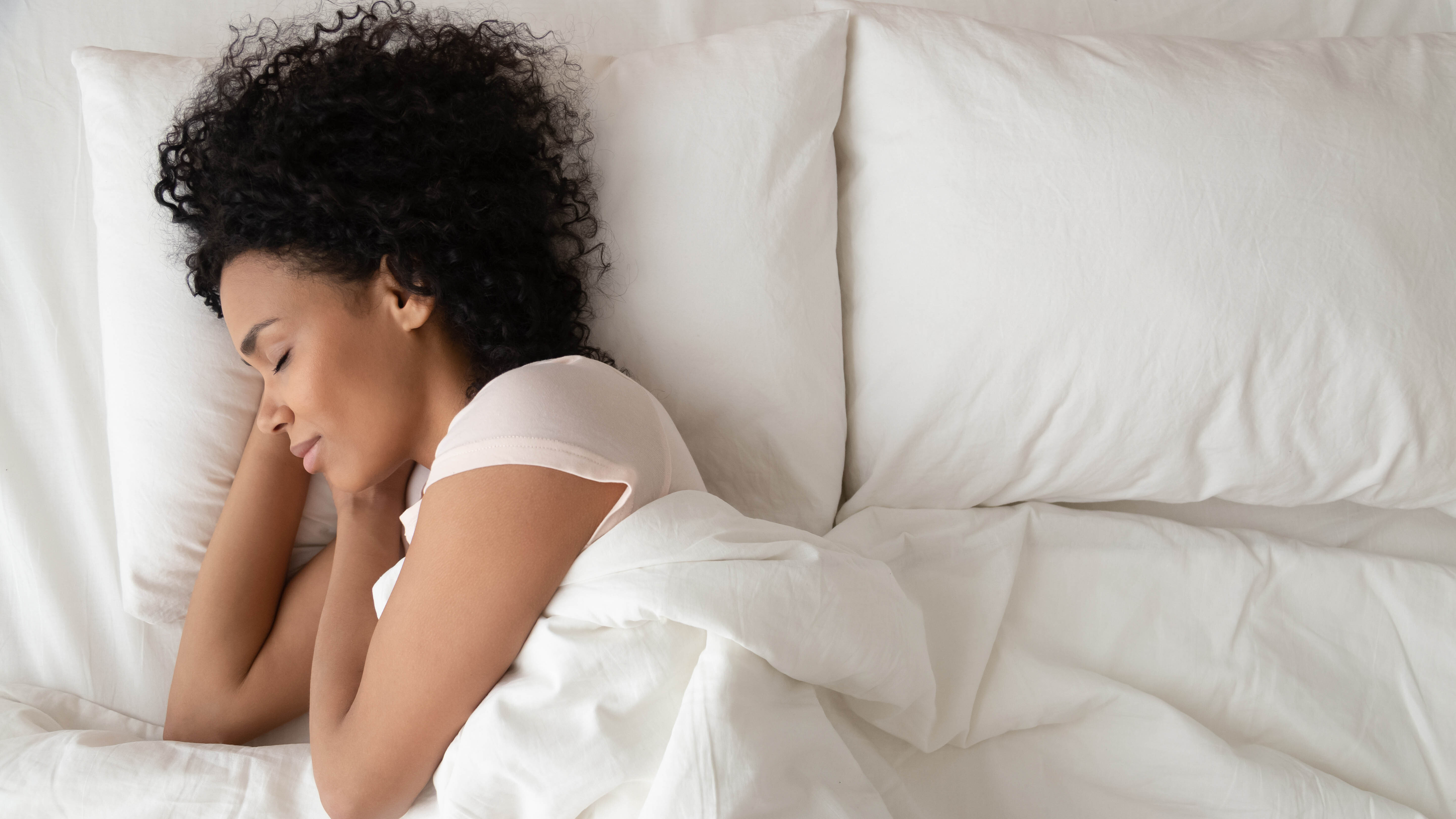
Those in the Headspace group showed a 29% reduction in self-reported insomnia symptoms compared to those in the control group, as well as reporting an improvement in overall sleep quality.
CBT-I is considered one of the most effective methods for reducing insomnia, but cost and accessibility means it isn't always an option for those struggling with their sleep.
The Headspace app aims to offer a flexible and affordable approach to CBT-I, packaging the basic principals into a course you can complete on your own time.
“These compelling research findings represent a novel and scalable way to help individuals get the sleep they need,” says Dr. Aric Prather, Director of the Behavioral Sleep Medicine Research Program at the University of California at San Francisco.
“With nearly 30% of adults reporting sleep difficulties, access to this new program could be game-changing.”
Mood-boosting benefits
Users who engaged with the Headspace Finding Your Best Sleep program didn't just report benefits to their sleep — they also found their mood improved.
Participants reported reduced stress, anxiety and depressive symptoms while using Headspace, and these positive results were further observed during the three week follow-up.
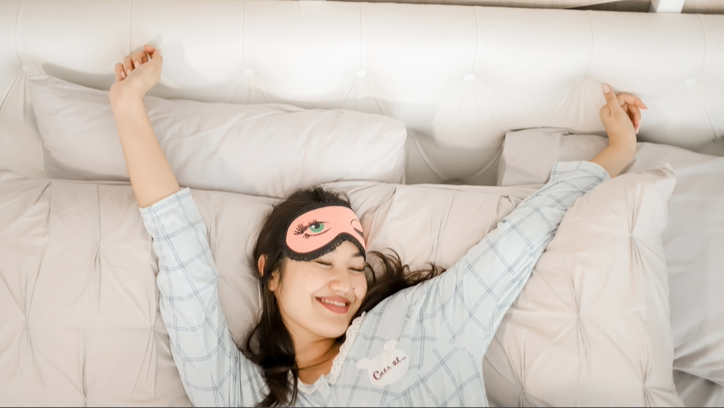
Sleep deprivation and insomnia are linked to anxiety, irritability and depression while those who experience long-term sleep deprivation often struggle to regular their emotions.
Harvard Health even describes a good night's sleep as the "best way to improve your mood."
Long lasting results
While the Headspace sleep program takes 18 days to complete, this study indicates that the advantages might last well beyond that initial period.
Three weeks post-intervention — after completing the program — participants were asked to report on their sleep and mental health.
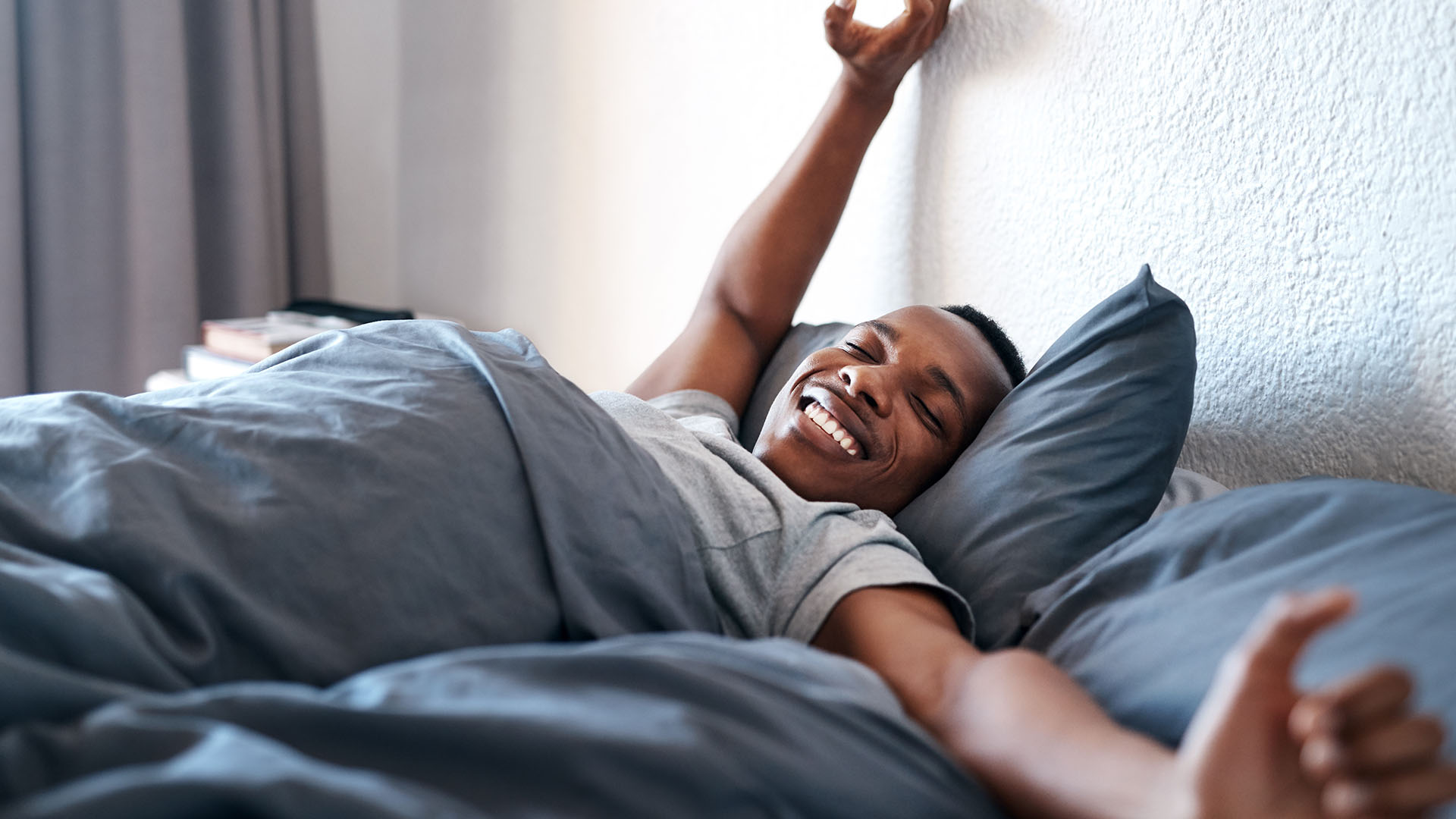
Users who had engaged with Finding Your Best Sleep continued to note improved sleep and mood compared to pre-intervention. Among the control group, who hadn't completed the course, little difference was observed.
CBT-I aims to create a healthier attitude towards sleep, removing the pressure many of us feel to get a solid eight hours every night... and the disappointment when we inevitably fail to meet those targets.
When successful, this can lead to a long-term reduction in insomnia.
Is CBT-I right for you?
CBT-I focuses on your thoughts and behaviors around sleep, identifying issues that are contributing to your insomnia to restructure your approach to bedtime.
This process will typically take place over several sessions, typically administered by a healthcare professional.
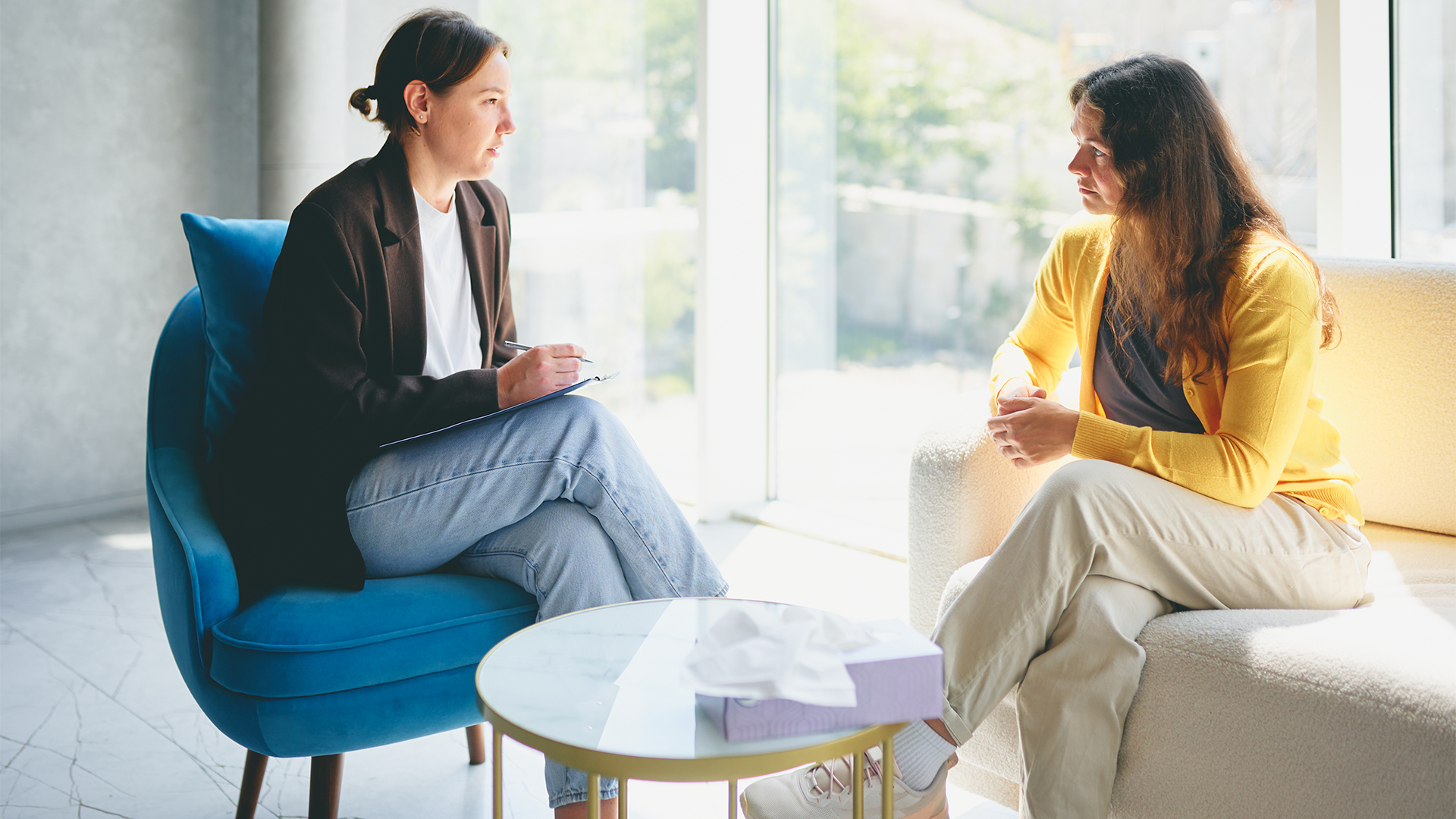
However, currently only a small number of trained CBT-I therapists are operating in the US, which can make the treatment hard to access.
If you are experiencing insomnia and think you might benefit from CBT-I, we recommend speaking to your doctor about available treatment plans.
Incorporating mindfulness into your sleep routine
Mindfulness for better sleep helps you adjust your approach to rest. Instead of chasing unattainable perfection, you focus on practicing a healthy routine. Here are some methods to get started...
- Try a calming breathing exercise: If the thought of a meditation routine seems intimidating, start slowly with a few minutes of mindful breathing methods for sleep.
- Enjoy a guided meditation: Guided sleep mediations talk you through calming imagery to help you drift off. There are plenty to be found online so look around to find one that works for you.
- Meditate in the morning: Struggling to fit a few minutes of meditation into a packed nighttime routine can add pressure before bed. A morning meditation is a chance to reflect positively on the night before — to focus on the sleep you did get, rather than worrying about the hours you missed.
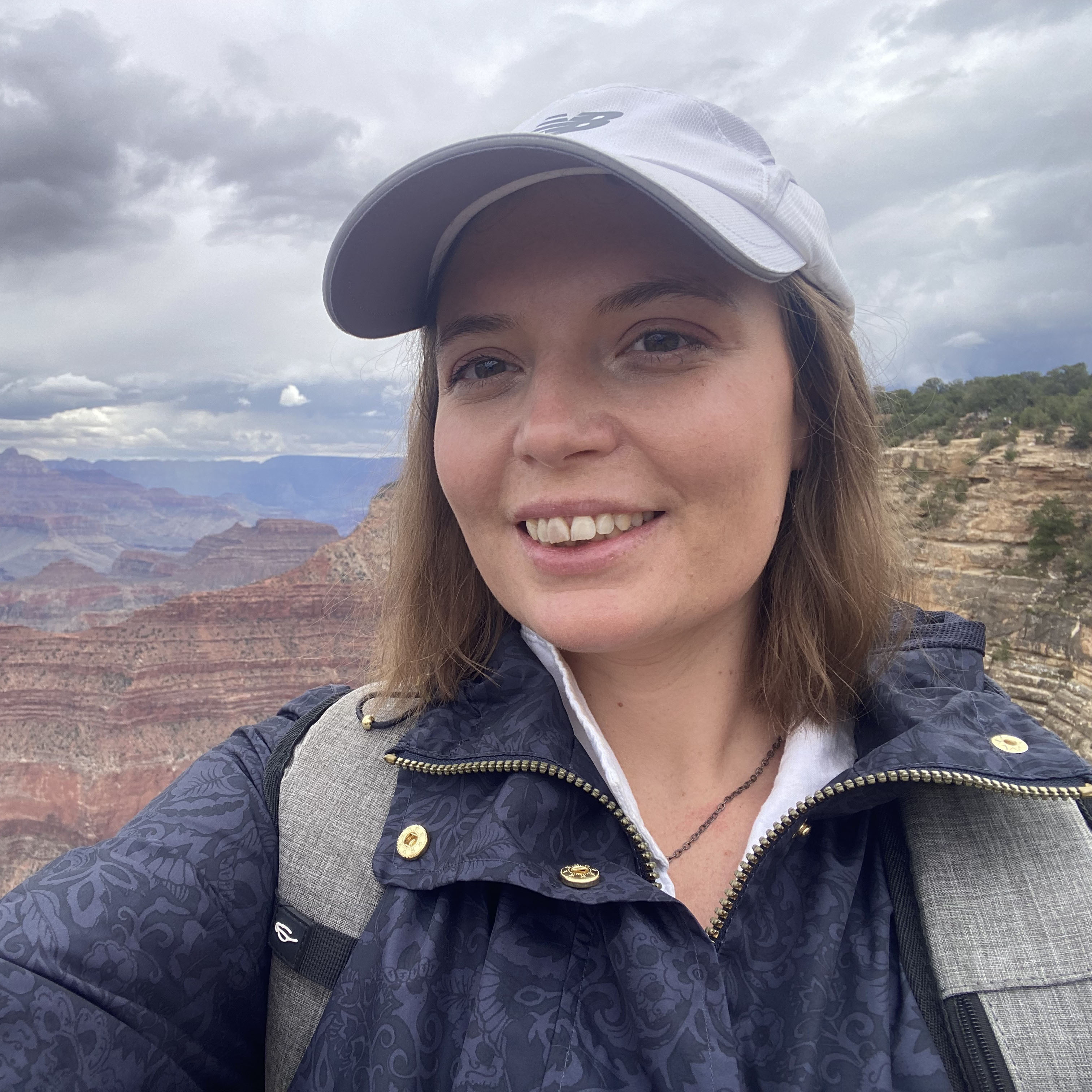
Ruth is an experienced Senior Staff writer at Tom’s Guide, covering all things sleep and mattresses. She writes to help people sleep better, from how-tos to the latest deals to mattress reviews, and has interviewed an array of experts who share her passion. She is also our specialist on memory foam — she’s flown around the world to see memory foam being made — and leads our hotel mattress content. She has a deep interest in the link between sleep and health, and has tried enough mattresses, from Helix to Nectar to Simba, to know the right bed really can make a difference to your wellbeing. Before joining the team at Tom’s Guide, Ruth worked as a sleep and mattress writer for our sister website, TechRadar.
You must confirm your public display name before commenting
Please logout and then login again, you will then be prompted to enter your display name.
 Club Benefits
Club Benefits





